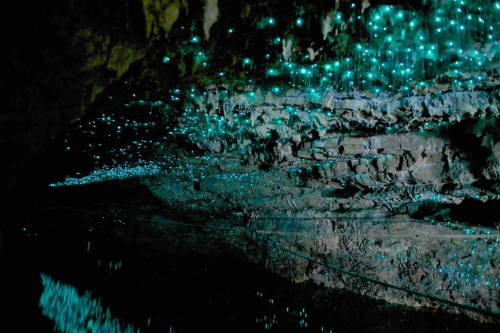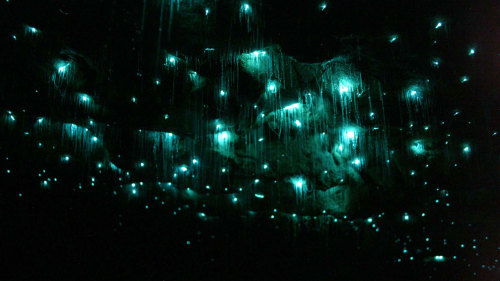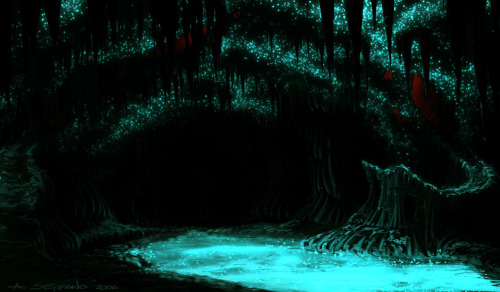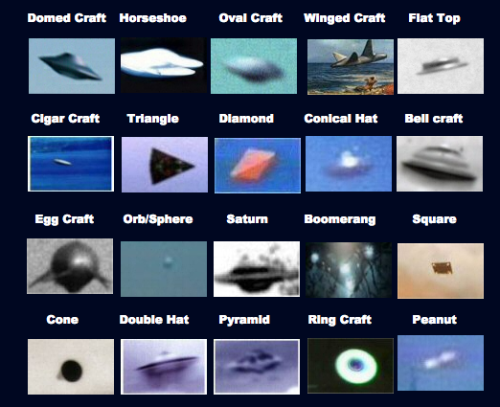NGC 4631: Whale Galaxy

NGC 4631: Whale Galaxy
More Posts from Scotlandknight-blog and Others




The Waitomo Glowworm Caves attraction is a cave on the North Island of New Zealand, known for its population of glowworms, Arachnocampa luminosa. This species is found exclusively in New Zealand.


Look Up - by E
made for the geekings










I really miss seeing these headlines at the grocery store checkout.

John Singer Sargent Hagia Sofia, 1891

different types of ufos

UFOS:
Credible people Who’ve Seen UFOs:
Presidents || NASA Astronauts ||
Pilots Who Have Disappeared Chasing a UFO:
Mantell UFO Incident || Disappearance of Frederick Valentich || The Kinross Incident
Mass UFO Sightings/Highly Credible UFO Sightings:
Belgium UFO Waves || Hudson Valley UFO || Phoenix Lights || Rendlesham Forest Incident || Washington D.C. UFO Sighting || Redlands UFO Sighting || Green Fireballs In New Mexico || California UFO ||
Ancient UFOs:
List of Most Famous UFO Sightings from 214 BCE to Modern Day || UFOs In Old Paintings from the 1100 to 1538 ||
Aliens:
Famous Alien Abductions or Encounters (with multiple witnesses) :
Betty and Barney Hill || Travis Walton || 60+ Children in Zimbabwe Witness UFO and Occupants || Vorenzh UFO Sighting || Father Gill/Papua New Guinea Sighting || Allagash Abduction || Whitley Strieber || Ron Noel Case ||
Well Constructed Conspiracies:
Roswell ||
Online Resources:
Interactive UFO Map || Alien Encounter Documentary Made By Disney || Best UFO Pictures || Declassified UFO and Alien Documents || MUFON UFO Reports || NUFORC UFO Reports || The Original Radio Broadcast from the Roswell Crash || UFO Detection and Tracking || Alien Imprint||
Cassini Top 10 Images and Science Results of 2015
As our Cassini spacecraft enters its final 20 months before its plunge into Saturn, the mission’s science team has selected their top 10 images from 2015 (above), a year of historic discoveries, as well as the top science results (below). Take a look:
1. First Deep Seafloor Hydrothermal Vents Found Beyond Earth

Cassini found the first evidence of active hot-water chemistry beyond planet Earth. An extensive, four-year analysis of data from the spacecraft, computer simulations and laboratory experiments led researchers to the conclusion the tiny silica (SiCO2) grains most likely form when hot water containing dissolved minerals from the moon’s rocky interior travels upward, coming into contact with cooler water.
2. Global Ocean Beneath Enceladus’ Surface

A global ocean lies beneath the icy crust of Saturn’s geologically active moon Enceladus. Scientists analyzed more than seven years’ worth of images of Enceladus taken by the spacecraft, which has been orbiting Saturn since mid-2004. As a result, they found Enceladus has a tiny, but measurable wobble as it orbits Saturn. This proves that there must be a global layer of liquid separating the surface from the core.
3. Titan Observed Outside of Saturnian Magnetosphere

During Cassini’s flyby of Titan, the giant moon happened to be on the sunward side of Saturn when a powerful outburst of solar activity reached the planet. The strong surge in the solar wind so compressed the sun-facing side of Saturn’s magnetosphere that the bubble’s outer edge was pushed inside the orbit of Titan. This left the moon exposed to, and unprotected from, the raging stream of energetic solar particles. The region of space dominated by Saturn’s magnetic field is called the magnetosphere.
4. Density of a Ring Particles May Indicate Recent Origins

Saturn’s A ring was found to be warmer than expected at the planet’s equinox, and also had an unusually large thermal asymmetry about the equinox. This could be due to the A ring being mostly composed of denser particles made primarily of solid ice, with a thin top layer of fluffy regolith.
5. Titan Southern Polar Ice Cloud

Scientists have detected a monstrous new cloud of frozen compounds in Titan’s low- to mid-stratosphere – a stable atmospheric region above the troposphere, or active weather layer.
6. Curtain Vents on Enceladus?

New research using data from Cassini suggests most of the eruptions from Saturn’s moon Enceladus might actually be diffuse curtains rather than discrete jets. Many features that appear to be individuals jets of material erupting along the length of prominent “tiger stripe” fractures in the moon’s south polar region might be phantoms created by an optical illusion, according to the new study.
7. Discovery of Tethys Red Arcs

Like graffiti sprayed by an unknown artist, unexplained arc-shaped, reddish streaks are visible on the surface of Saturn’s icy moon Tethys. The origin of the features and their reddish color is a mystery to scientists.
8. Saturn’s 30-year Giant Storms Powered by Water Convection

Changes in temperature and the composition of the hydrogen-laden air within the remnants of a giant storm system on Saturn reveal that air was lofted more than 120 miles in altitude from the deeper water condensation levels.
9. Seasonal Change Seen at Saturn’s Poles

Saturn’s polar regions have displayed extreme seasonal changes during Cassini’s decade-long watch, providing the most comprehensive view ever obtained of seasonal change on a giant planet.
10. Huygens Probe Imaging Mosaic of Titan’s Surface and Descent Movie

Ten years ago, an explorer from Earth, the Huygens probe, was released from the Cassini spacecraft and parachuted into the haze of an alien moon toward an uncertain fate. After a gentle descent lasting more than two hours, it landed with a thud on a frigid floodplain on Titan, surrounded by icy cobblestones.
Make sure to follow us on Tumblr for your regular dose of space: http://nasa.tumblr.com



ISS Earth Orbit
-
 noomijolie liked this · 11 months ago
noomijolie liked this · 11 months ago -
 babygirlpoppy reblogged this · 4 years ago
babygirlpoppy reblogged this · 4 years ago -
 babygirlpoppy liked this · 4 years ago
babygirlpoppy liked this · 4 years ago -
 thirdman000 reblogged this · 4 years ago
thirdman000 reblogged this · 4 years ago -
 foggyier reblogged this · 5 years ago
foggyier reblogged this · 5 years ago -
 twilight--galaxies reblogged this · 6 years ago
twilight--galaxies reblogged this · 6 years ago -
 perthking liked this · 7 years ago
perthking liked this · 7 years ago -
 jexclamationpointnx liked this · 7 years ago
jexclamationpointnx liked this · 7 years ago -
 femmenique-love liked this · 7 years ago
femmenique-love liked this · 7 years ago -
 m3gac4tstudios-blog liked this · 7 years ago
m3gac4tstudios-blog liked this · 7 years ago -
 un-realities reblogged this · 7 years ago
un-realities reblogged this · 7 years ago -
 rcyalblues reblogged this · 7 years ago
rcyalblues reblogged this · 7 years ago -
 sublimespacetrash reblogged this · 7 years ago
sublimespacetrash reblogged this · 7 years ago -
 andromaedarium reblogged this · 7 years ago
andromaedarium reblogged this · 7 years ago -
 hartigmeghan-blog liked this · 8 years ago
hartigmeghan-blog liked this · 8 years ago